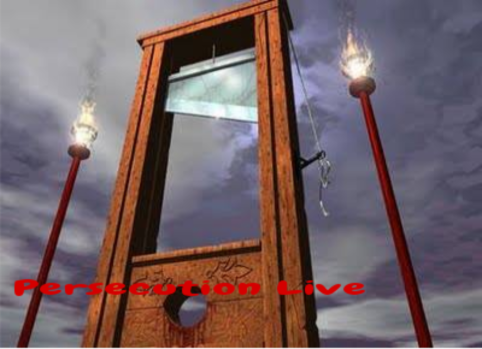As Jesus prayed before his crucifixion, he mentioned the joint glory he shared with his Father prior to the Creation: “Now, Father, glorify me in your presence with the glory I had with you before the world began” (Jn 17:5). God also desires fellowship with man whom he created: “We proclaim to you what we have seen and heard, so that you also may have fellowship with us. And our fellowship is with the Father and with his Son, Jesus Christ” (1 Jn 1:3).
God created marriage to fulfill man’s social need. “The LORD God took the man and put him in the Garden of Eden to work it and take care of it. And the LORD God commanded the man, ‘You are free to eat from any tree in the garden; but you must not eat from the tree of the knowledge of good and evil, for when you eat of it you will surely die.’ The LORD God said, ‘It is not good for the man to be alone. I will make a helper suitable for him.’ Now the LORD God had formed out of the ground all the beasts of the field and all the birds of the air. He brought them to the man to see what he would name them; and whatever the man called each living creature, that was its name. So the man gave names to all the livestock, the birds of the air and all the beasts of the field. But for Adam no suitable helper was found. So the LORD God caused the man to fall into a deep sleep; and while he was sleeping, he took one of the man’s ribs and closed up the place with flesh. Then the LORD God made a woman from the rib he had taken out of the man, and he brought her to the man. The man said, ‘This is now bone of my bones and flesh of my flesh; she shall be called “woman,” for she was taken out of man.’ For this reason a man will leave his father and mother and be united to his wife, and they will become one flesh. The man and his wife were both naked, and they felt no shame” (Gen 2:15-25).
It seems apparent that this text is the theological account of Creation, whereas Genesis one provides a chronological account of Creation. The main reason for seeing Genesis 2 as a theological reading of Creation is that a simple, straightforward reading of the text would imply that God created the animals in a misguided attempt to find a helper for Adam. In reality, this text is showing that God supplies all of man’s needs.
It is apparent from this text that God knows man’s nature even better than man knows it himself, and God did not create man to live in isolation but he created man to live in community.
Like man, the animals are “formed” from the ground and they are “living creatures.” However, there is a qualitative difference in that God has made man in his own image.
Thus, God brings the animals to the man (not man to the animals) and man names the animals (they do not name him). This is possible only because God has given man dominion over the animals.
